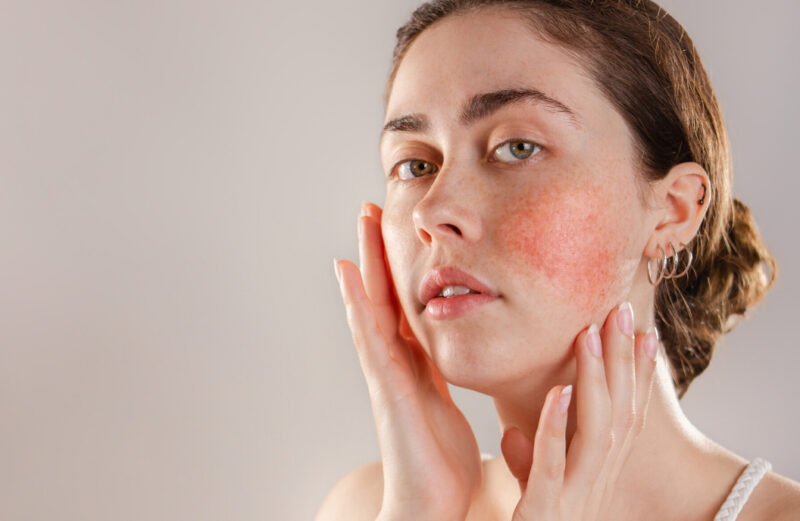Table of Contents
The Mysterious Link Between Dark Spots and Hormonal Imbalance
Dark spots, also known as hyperpigmentation, are a common skin concern that can be caused by a variety of factors, including hormonal imbalances. While hormonal fluctuations are often associated with skin issues such as acne and rosacea, the connection between dark spots and hormonal imbalance is less well understood. In this article, we’ll delve into the mysterious link between dark spots and hormonal imbalance, exploring the underlying causes and potential treatments.
What are Dark Spots?
Dark spots, also known as hyperpigmentation, are areas of skin that are darker than the surrounding skin. They can appear as small, flat spots or as larger, more irregular patches. Dark spots can be caused by a variety of factors, including sun exposure, inflammation, and hormonal fluctuations. While they are often harmless, dark spots can be aesthetically unappealing and can be a source of emotional distress for many individuals.
The Connection Between Hormonal Imbalance and Dark Spots
Hormonal imbalances, particularly those affecting the production of estrogen and progesterone, have been linked to the development of dark spots. This is because hormonal fluctuations can cause changes in the skin’s pigment-producing cells, leading to an increase in melanin production and the formation of dark spots. For women, hormonal fluctuations during pregnancy, menstruation, and menopause can all contribute to the development of dark spots. Similarly, hormonal imbalances in men, such as those caused by low testosterone levels, can also lead to the development of dark spots.
How Hormonal Imbalance Causes Dark Spots
When hormonal levels are imbalanced, it can disrupt the normal functioning of the skin’s pigment-producing cells. This can lead to an increase in melanin production, resulting in the formation of dark spots. There are several ways in which hormonal imbalance can cause dark spots:
- Increased estrogen levels: Estrogen is a hormone that plays a key role in the production of melanin, the pigment responsible for skin color. When estrogen levels are high, it can cause an increase in melanin production, leading to the formation of dark spots.
- Decreased progesterone levels: Progesterone is a hormone that helps to regulate the skin’s natural pigment production. When progesterone levels are low, it can lead to an increase in melanin production and the formation of dark spots.
- Hormonal fluctuations: Hormonal fluctuations, such as those experienced during pregnancy or menstruation, can cause changes in the skin’s pigment-producing cells, leading to the formation of dark spots.
Treating Dark Spots Caused by Hormonal Imbalance
While hormonal imbalances are a common cause of dark spots, there are several treatments available to help reduce their appearance. These include:
- Topical creams and serums: Topical creams and serums containing ingredients such as hydroquinone, kojic acid, and retinoids can help to lighten dark spots and reduce their appearance.
- Laser therapy: Laser therapy can help to reduce the appearance of dark spots by targeting the pigment-producing cells in the skin.
- Brightening agents: Brightening agents, such as vitamin C and niacinamide, can help to lighten dark spots and reduce their appearance.
- Hormonal balance: Addressing hormonal imbalances through hormonal therapy or natural supplements can help to reduce the formation of dark spots.
Conclusion
The connection between dark spots and hormonal imbalance is a complex one, and there are many factors that can contribute to the development of dark spots. By understanding the underlying causes of dark spots and addressing hormonal imbalances, individuals can take steps to reduce their appearance and promote healthier, more radiant skin. While there is no single treatment that can completely eliminate dark spots, a combination of topical treatments, laser therapy, and hormonal balance can help to reduce their appearance and promote a more even skin tone.
Recommended Products
-
 Gold Turmeric Super Whitening Body Repair Oil – 1000mlKD5.990
Gold Turmeric Super Whitening Body Repair Oil – 1000mlKD5.990 -
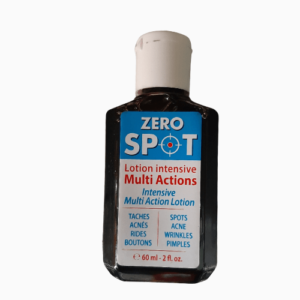 Zero Spot Lotion 60ml | Clear & Even SkinKD5.000
Zero Spot Lotion 60ml | Clear & Even SkinKD5.000 -
Product on sale
 You Glow Babe Beauty White REJUV SETOriginal price was: KD8.000.KD6.000Current price is: KD6.000.
You Glow Babe Beauty White REJUV SETOriginal price was: KD8.000.KD6.000Current price is: KD6.000. -
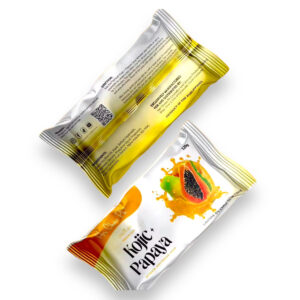 Her Choice Kojic Papaya Soap 120gKD2.500
Her Choice Kojic Papaya Soap 120gKD2.500 -
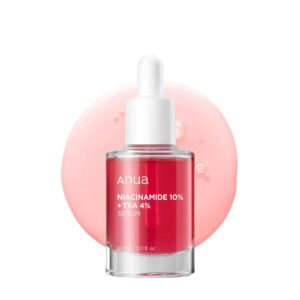 Anua 10% Niacinamide+ 4% Tranexamic Acid Dark Spot Correcting Serum 30mLKD8.000
Anua 10% Niacinamide+ 4% Tranexamic Acid Dark Spot Correcting Serum 30mLKD8.000 -
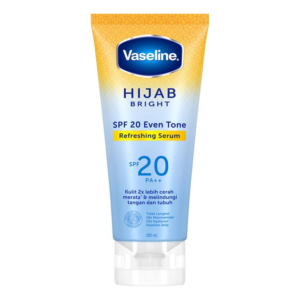 Vaseline Hijab Bright SPF 20 Even Tone Refreshing Serum – 180mlKD3.990
Vaseline Hijab Bright SPF 20 Even Tone Refreshing Serum – 180mlKD3.990 -
 RDL Babyface Facial Cleanser with Kojic + Glutathione 250mLKD2.000
RDL Babyface Facial Cleanser with Kojic + Glutathione 250mLKD2.000 -
Product on sale
 Hami-San Best Trio SetOriginal price was: KD8.000.KD7.000Current price is: KD7.000.
Hami-San Best Trio SetOriginal price was: KD8.000.KD7.000Current price is: KD7.000. -
 Goree Vitamin E Whitening Face Serum – 30mlKD3.000
Goree Vitamin E Whitening Face Serum – 30mlKD3.000

